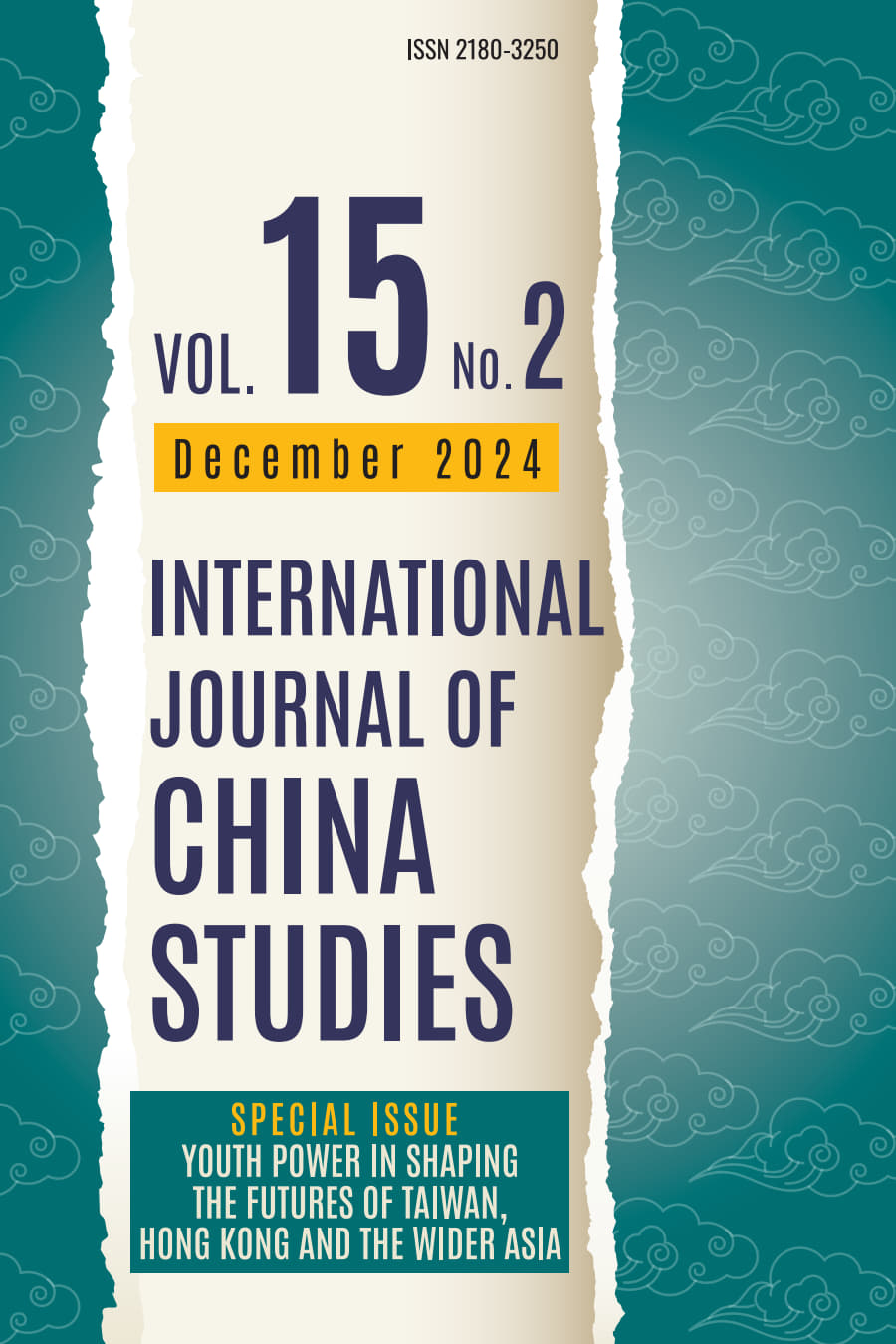Authors
-
Ian Tsung-yen CHEN
Institute of Political Science, National Sun Yet-sen University
-
Yung-ming YEN
Department of Political Science, Tunghai University
-
Michael Hsin-Huang HSIAO
Institute of Sociology, Academia Sinica and Chairman of Taiwan-Asia Exchange Foundation (TAEF)
-
Shigeto SONODA
Institute for Advanced Studies on Asia, University of Tokyo
Abstract
Taiwanese university students, focusing on the impact of Taiwan’s New Southbound Policy (NSP). The study uses data from the Asian Student Survey (ASS) to analyze how these students perceive neighboring Asian countries, particularly those targeted by the NSP. The findings reveal that Taiwanese students view Asia as a dynamic and diverse region but tend to prefer Western countries or developed Asian nations like Japan for education and career opportunities. The research also shows that while the NSP has enhanced Taiwan’s image in some Southeast Asian countries, it has had a limited impact on altering Taiwanese students’ perceptions of these nations.
The study highlights the strategic significance of the NSP in fostering regional integration and mutual understanding, emphasizing the importance of people-centered exchanges in shaping regional identities. Despite the policy’s achievements, the article suggests that further efforts are needed to connect Taiwanese society more deeply with the broader Asian region to fully realize the potential of regional cooperation and identity formation.
Downloads
Download data is not yet available.
Author Biographies
Ian Tsung-yen CHEN, Institute of Political Science, National Sun Yet-sen University
an Tsung-yen Chen is Professor and Director of Institute of Political Science and former Associate Dean of College of Social Sciences at National Sun Yat-sen University in Taiwan. He received his Ph.D. degree from the International Doctoral Program in Asia–Pacific Studies of National Chengchi University and M.A. degree from East Asian studies of Stanford University. His research interests include international relations, international political economy, international organization, and financial politics with a focus on Asia-Pacific region. His English-language publications have been featured in prominent journals such as the Asia Europe Journal, Contemporary Southeast Asia, Foreign Policy Analysis, International Relations of the Asia-Pacific, Issues & Studies, Japanese Journal of Political Science, The Pacific Review, and Review of International Political Economy. Additionally, his book titled "Configuring the Asian Infrastructure Investment Bank: Power, Interest, and Status" was published by Routledge in 2021.
Yung-ming YEN, Department of Political Science, Tunghai University
Michael Hsin-Huang HSIAO, Institute of Sociology, Academia Sinica and Chairman of Taiwan-Asia Exchange Foundation (TAEF)
Prof. H. H. Michael Hsiao is Chairman of Taiwan-Asia Exchange Foundation and Chairman of the Center for Southeast Asian Studies at National Chengchi University. He is also an Adjunct Research Fellow, Institute of Sociology, Academia Sinica, and an Chair Professor of Hakka Studies, National Central University. He served as National Policy Advisor to the President of Taiwan between 1996 and 2006 and is currently Senior Advisor to the President of Taiwan. He is also Chairman of the Consortium of Southeast Asian Studies in Asia (SEASIA).
His areas of specialization include middle class, civil society, and democratization in Asia; environmental movements, sustainability and risk society; and comparative Hakka studies in Taiwan and Southeast Asia.
Shigeto SONODA, Institute for Advanced Studies on Asia, University of Tokyo
Prof. Shigeto Sonoda is a professor of sociology and Asian studies at the University of Tokyo. After his 19 years’ service for private universities, Prof. Sonoda went back to his alma mater in 2009 when he was appointed as professor both at the Interfaculty Initiative for Information Studies and Institute for Advanced Studies on Asia (former Institute of Oriental Culture) .

